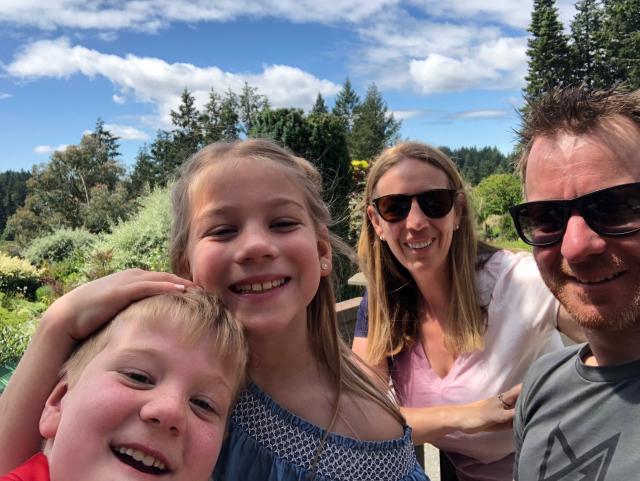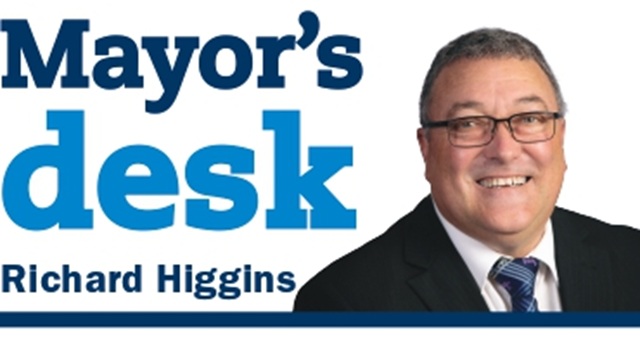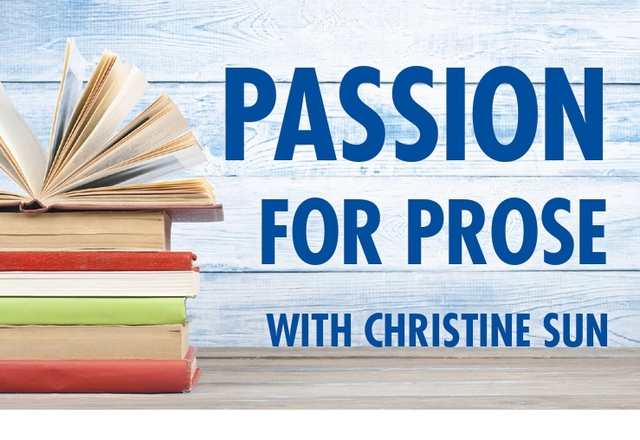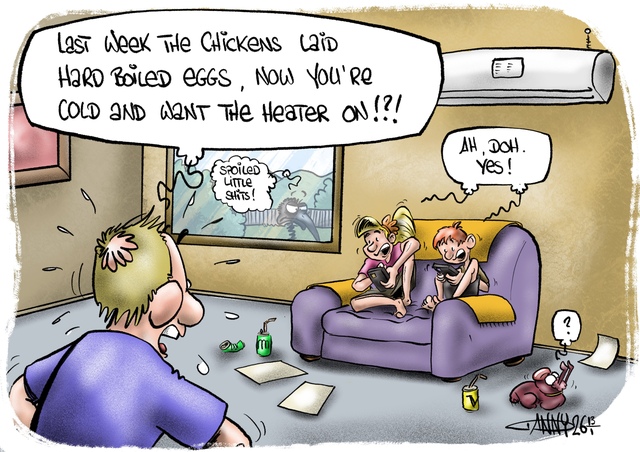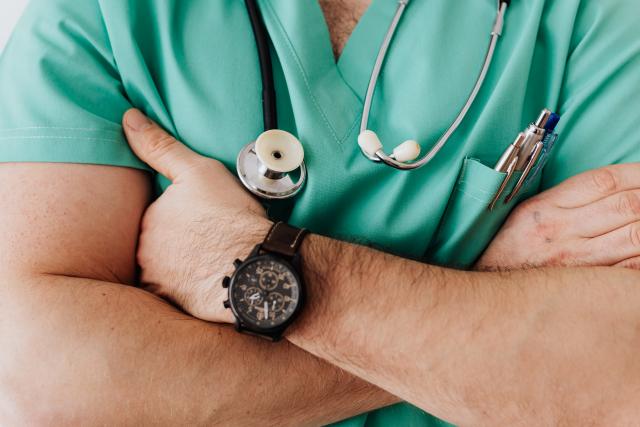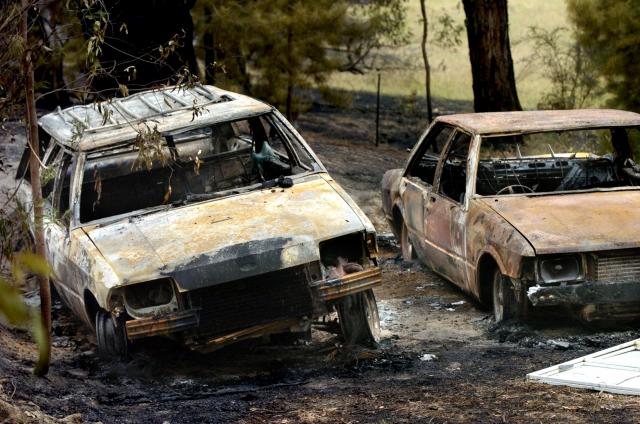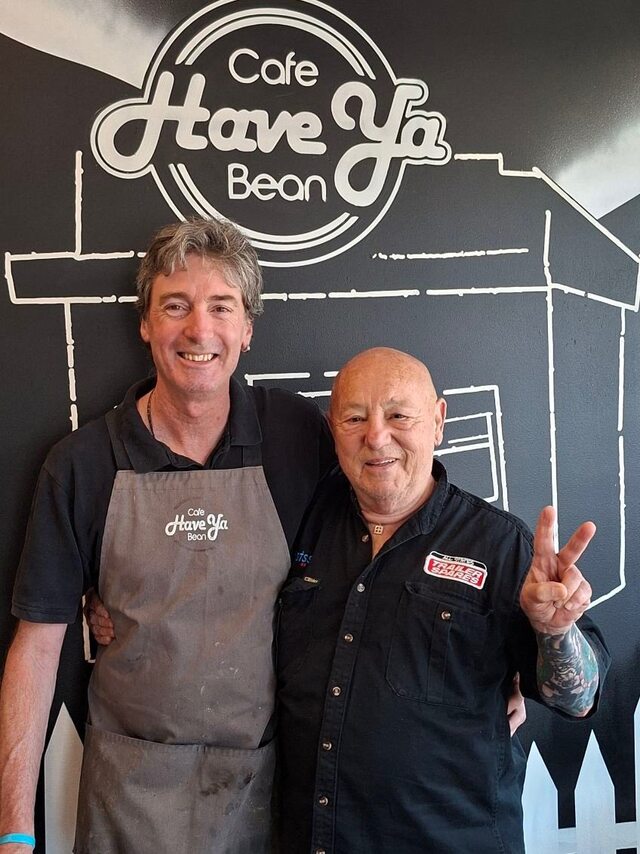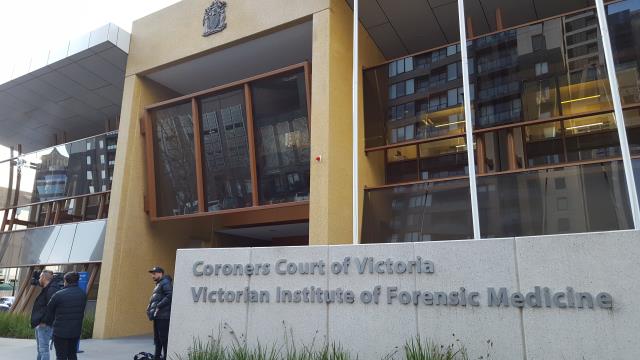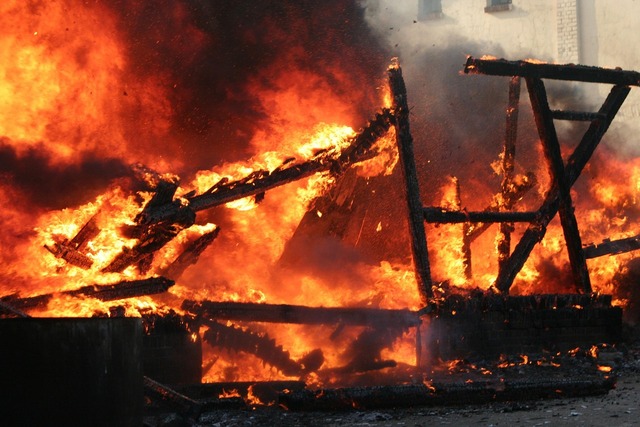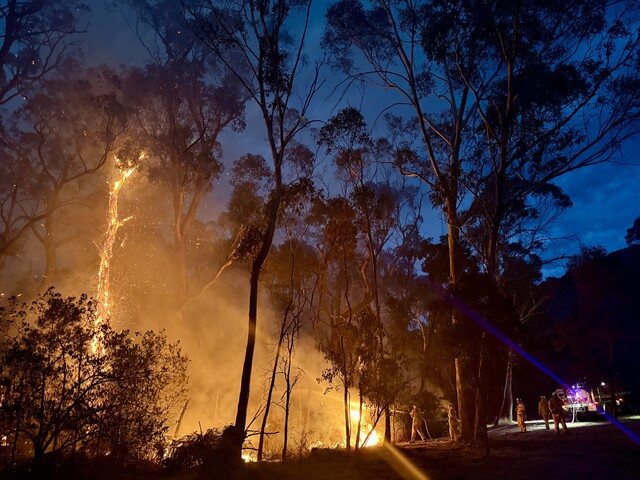Experts have put a call out for regional Victorians to act on cancer symptoms, following data which find they are more likely to be diagnosed with cancer.
Cancer Council Victoria is urging regional Victorians to urgently act on unexplained symptoms and to get up to date with cancer screening following Victorian Cancer Registry data which estimates over 1,000 Victorians living in regional and rural areas could be living with an undiagnosed form of cancer.
Cancer Council Victoria’s Head of Screening, Early Detection and Immunisation Kate Broun said to address higher cancer rates in regional Victoria we need to increase participation in Australia’s three cancer screening programs for bowel, breast and cervical cancer and people need to act when they notice unexplained symptoms.
“We know the earlier cancer is found, the better our chances of treating it. It’s so important we regularly check our bodies for signs of cancer and see a doctor immediately if we notice any unexplained changes that last more than a few weeks,” Ms Broun said.
Cancer Council Victoria’s Victorian Cancer Registry (VCR) estimated there were 1,024 fewer cancer diagnoses than expected over 2020 and 2021 in regional Victoria.
This means people are unknowingly living with cancer.
Combined with the fact that regional Victorians are 10% more likely to die from cancer, compared to those who reside in major cities, health experts are concerned if these missing cancers aren’t found even more people’s lives are at risk.
Victorian mother of two Kimberly Hurley lives with her family in the coastal town of Torquay and has always lived an active and healthy lifestyle, but in 2019, she noticed feeling different to normal, more tired and lethargic, followed by nausea that lasted for weeks.
“I had noticed feeling heavy and tired for months, but I put this off as signs of starting menopause or just being run down. One weekend I really started to feel sore, so I called in sick and went to see a GP to get a certificate, still not considering my symptoms were a sign of something else going on,” Mrs Hurley said.
“During my appointment, I spoke to my doctor about my symptoms, who immediately booked me for further testing,” she said.
Kimberly was diagnosed with Stage 4 Malignant Follicular Lymphoma. Follicular Lymphoma is a type of non-Hodgkin lymphoma (NHL) which attacks the body’s lymphatic system which normally helps fight infections.
Now, Ms Hurley is urging other regional Victorians to act if they notice changes in their health or body that don’t go away, speak to a doctor and don’t dismiss it.
“Timing is important. My oncologist said my cancer had been growing for 2-3 years without me noticing. But for at least 6 months before I was diagnosed, I felt the impact of the cancer. I didn’t slow down to listen, nor did I respond to those feelings I had,” she said.
“If you think you are going through menopause or any other life stages, don’t try to figure it out for yourself, a doctor can guide you through it. No matter what you are experiencing, it helps to seek advice from a doctor.”
Dr Nora Lee FRACP/FRCPA is a clinical and laboratory haematologist at Peter MacCallum Cancer Centre and works in regional Victoria at Bendigo Health.
“Some cancer symptoms arising from blood cancers can be hard to recognise at first and range from feeling tired for weeks on end, losing weight unexpectantly, or even bruising. My recommendation is to take note of symptoms which are ‘different’ from how you usually feel,” Dr Lee said.
Cancer Council Victoria’s Early Detection Saves Lives campaign is supporting Victorians to get up to date with cancer screening and provides information on what to do if you notice unexplained symptoms.
“Health professionals are here to support you and want to see if you notice unexplained symptoms no matter how small they may seem,” Ms Broun said.
Head to the website earlydetection.org.au to find out more.

